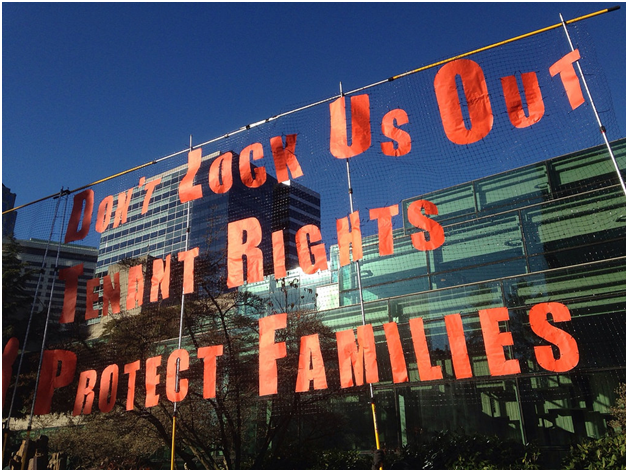Renting a property is easier and safer since the Housing Act was introduced in 1988 and subsequent amendments were made.

This is good news for the UK property market, but the bad news is that the average age of first-time home buyers has climbed to 35, up from 28 just ten years ago. This is due to rising house prices and reduced levels of savings, according to the most recent research.
What do tenants need to know about their rights, and what are the most frequent issues that concern them?
Tenants
Renting is a big commitment no matter how long the term is, and a successful tenancy is just as important as finding the right mortgage for a purchase. Codes of practice for landlords are important, and tenants should check that their landlords are members of a professional body wherever possible.

Tenants often worry that their lease can be terminated and how much notice they are entitled to. In a fixed-term agreement, you cannot be evicted if you comply with the terms and conditions of the lease until it ends, unless it contains a break agreement.
One potential issue is damage to property. This can be protected by ensuring you have an accurate inventory. Property inventory software such as that provided by https://inventorybase.co.uk/ can help protect the tenant.
If the tenant stays beyond the period of the lease, the landlord needs to give two months of notice under a section 21 notification.
Rules in Scotland and Northern Ireland differ. Citizens Advice can offer help.
Issues
Rent increases will not normally apply in a fixed-term tenancy until the period ends. Then, the tenancy enters a statutory period depending on how often you pay rent until the landlord gives notice. Again, different rules apply outside England and Wales.
Repairs to the property are generally the responsibility of the landlord, but not issues such as changing a bulb or repairing damage you have caused. If your landlord does not respond to a repeated request, contact the local council that gave permission for the property to be rented.
Finally, deposits are always an issue. Generally, they should be covered by a tenancy deposit agreement, and the landlord can typically only access your deposit with your agreement. Damage to property or rent arrears will affect what is returned.




